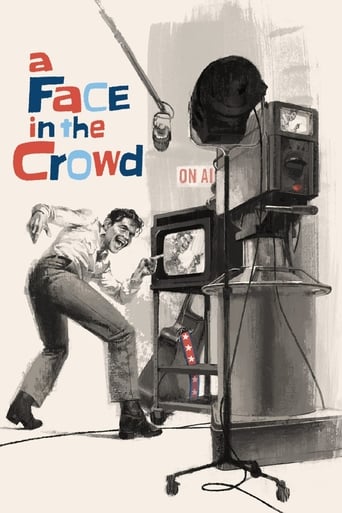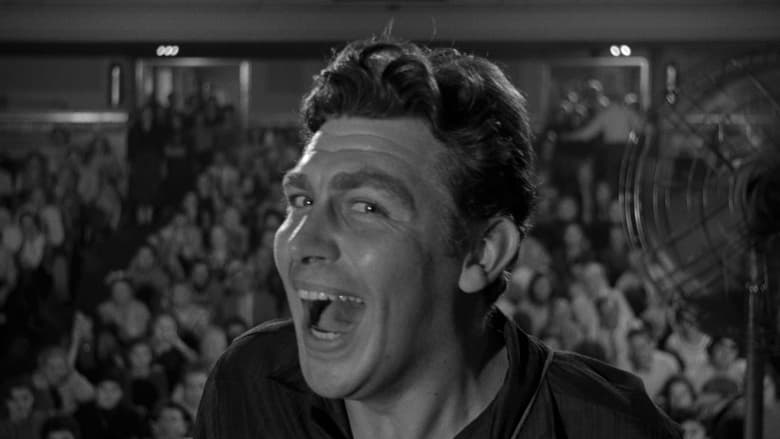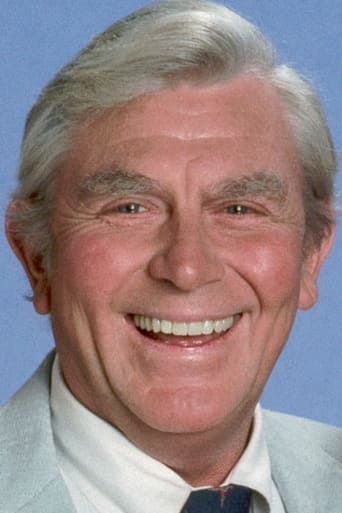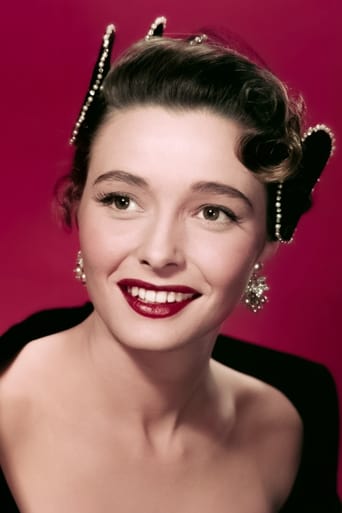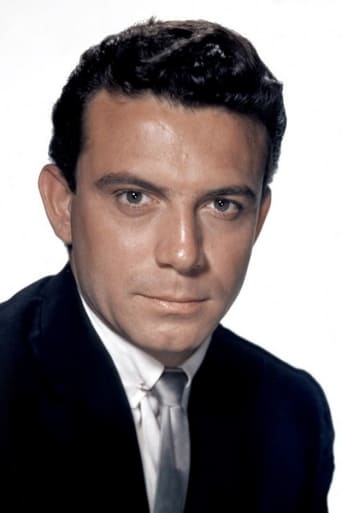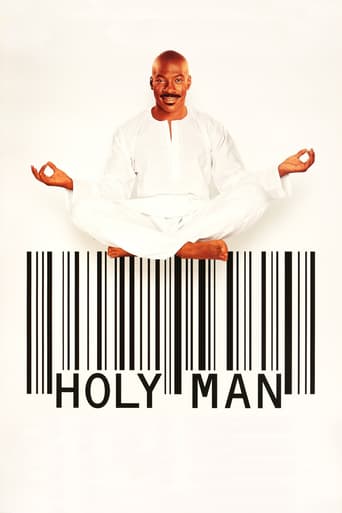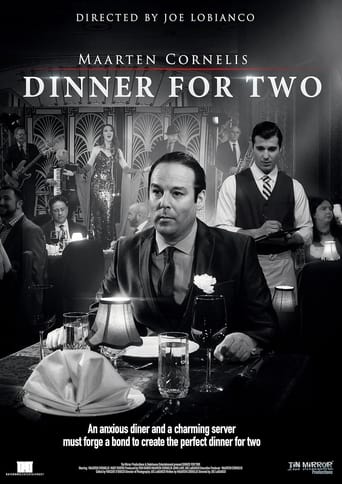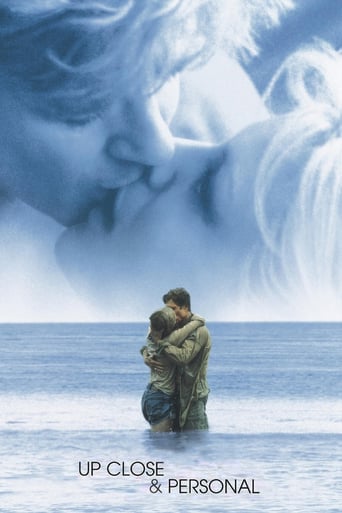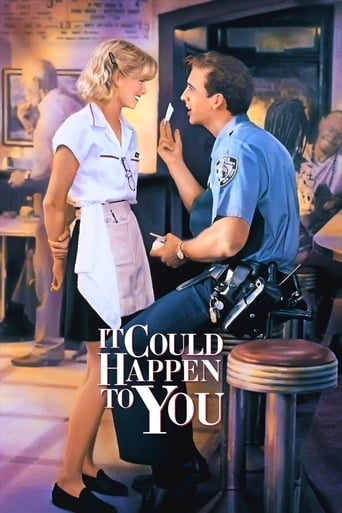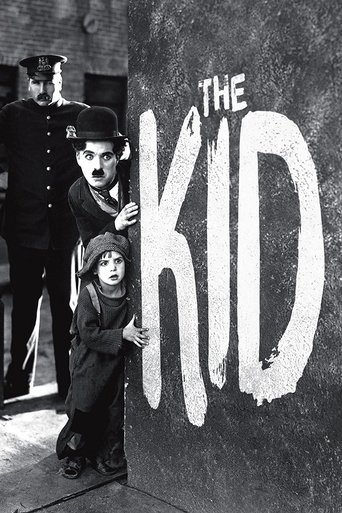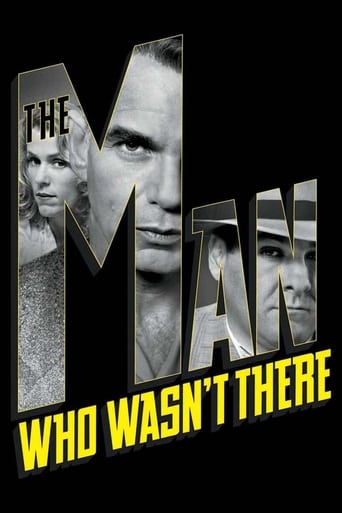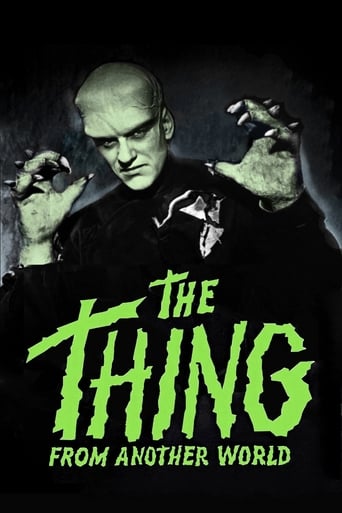A Face in the Crowd (1957)
The rise of a raucous hayseed named Lonesome Rhodes from itinerant Ozark guitar picker to local media rabble-rouser to TV superstar and political king-maker. Marcia Jeffries is the innocent Sarah Lawrence girl who discovers the great man in a back-country jail and is the first to fall under his spell.
Watch Trailer
Free Trial Channels
Cast


Similar titles
Reviews
The greatest movie ever!
A Brilliant Conflict
If you like to be scared, if you like to laugh, and if you like to learn a thing or two at the movies, this absolutely cannot be missed.
Easily the biggest piece of Right wing non sense propaganda I ever saw.
This sat in my DVR Cache for a bit, before I cued it up - it's an absolute 10/10. Andy Griffith, before he moved into Aunt Bea's house in Mayberry, is electrifying on screen. Other great performances by Walter Matthau, Patricia Neal, Lee Remick and even Tony Franciosa (before he became an ubiquitous TV co-star on things like Hotel and The Love Boat). The director Elia Kazan had previously directed one of the greatest films ever filmed, "On the Waterfront" and other classics (Streetcar/Desire, Tree/Brooklyn . . . ). Put this one alongside those films. Well-filmed, well-acted, well-written. Imaginative. Still relevant. Running out of superlatives. WOW!!!!!!
I don't know if TCM intentionally "counterprogrammed" the Trump inauguration by scheduling Elia Kazan's film about a faux-populist demagogue on the same day as the ceremony, but it sure looks like it, and I approve. Like Trump, A Face in the Crowd's Larry "Lonesome" Rhodes (Andy Griffith) is a product of the media's amoral pursuit of the colorful character, a man lifted to uncommon power by those entertained by the flamboyance and vulgarity. Rhodes (perhaps like Trump) isn't so much the villain of Budd Schulberg's story and screenplay as are his enablers, Marcia Jeffries (Patricia Neal) and Mel Miller (Walter Matthau), and his exploiters, like Joey DePalma (Anthony Franciosa), who enrich themselves while discovering the previously untapped potential of mass media. In 1957, this potential was just beginning to be realized, but 60 years later it had taken a dangerous man to the White House. I don't think Kazan and Schulberg fully realized that possibility, just as Sidney Lumet and Paddy Chayefsky didn't fully realize the prescience of Network (Lumet, 1976). Both films should serve as a permanent warning that today's satire is tomorrow's nightmare. A Face in the Crowd is an important film without being a great one. Schulberg's screenplay falls apart in the middle, and the denouement in which Marcia somehow comes to her senses and exposes Rhodes as a fraud is awkward and mechanical, largely because Marcia herself is something of a mechanical character. An actress of considerable skill, Neal does what she can to make the character live, but the words aren't there in the script to explain why she tolerates Rhodes's fraudulence as long as she does. Matthau and Franciosa come off a little better because their roles are written as stereotypes: Cynical Writer and Go-getting Hot Shot. So the film really belongs to Griffith, who parlays his dead-eyed shark's grin into something that should have been the foundation of a career with more highlights than a folksy sitcom and an old-fart detective show. It's a charismatic but ragged performance that needed a little more shaping from writer and director, something that Kazan admitted to himself in his diaries when he wrote about Rhodes and the film, "The complexity ... was left out." Rather than having Rhodes revealed as a fraud to his followers, Kazan said, Rhodes should have been allowed to recognize that he had been trapped his own fraudulence. Deprived of anagnorisis, a moment of tragic self-recognition, Rhodes becomes a figure of melodrama, bellowing "Marcia!" from the balcony at the end but probably fated to make what Miller suggests to him, the comeback of a has-been. Fortunately, Kazan and Schulberg were wise enough to change their original ending, in which Rhodes commits suicide -- there's not enough tragedy in their conception of the character for that. (charlesmatthews.blogspot.com)
There are films that are both a product of the time they are created in and yet timeless. They are films that remain prescient in the years and decades after their initial release. They may linger in the background but they are films that stand the test of time. A Face In The Crowd, released in 1957 and marking the breakthrough role for an up and coming Andy Griffith, is exactly that kind of movie. As a sit here writing this review in 2016, the film seems like a warning from decades ago and a warning prescient for the time we live in now.The heart of the film is Andy Griffith as Lonesome Rhodes, a drifter who through his talents and folksy charm manages to rise not just to celebrity status but to the cusp of potential political power. For those who only know Griffith from his roles as Sheriff Andy Taylor and the lawyer Matlock, this role is a revelation. All of that charm is there but it's just the tip of the iceberg that is the Rhodes character. Griffith's as Rhodes is a volcano, a man of extreme energy and talent who can be loving and charming one minute but hateful, spiteful, and downright unlikable the next. The depth and range that Griffith shows is simply startling and whenever he's on- screen (which is much of the film) you can not take your eyes off of him as he goes through the great American story of a man's rise and fall. That Griffith wasn't nominated for any kind of award for his performance is as startling as his performance as it is a performance of a lifetime and one that stays with the viewer long after the film is over.Right beside Griffith is Patricia Neal as Marcia Jeffries, the Arkansas radio producer who first discover Rhodes and gives him his new name and who goes with him on his journey through the film. Neal's performance is just as stunning as Griffith, a woman who goes on the incredible journey with the man she falls in love with despite the man's faults and eventually finds herself sacrificing herself almost heart and soul in the process. Neal throws herself into the role, being utterly believable throughout as she becomes increasingly conflicted about her role in Rhodes life. Her performance is a fascinating study of what it's like to be the power behind the throne and the price one pays for being so. The film's supporting cast is strong as well. Walter Matthau is particularly memorable as Mel Miller, a writer who finds himself brought in Rhodes orbit from Memphis to New York and ultimately gets to deliver a particularly effective dramatic punch line in the film's closing minutes while also acting as something of a voice of conscience for Neal's Jeffries as well. Anthony Franciosa plays Joey DePalma, an opportunist who becomes Rhodes' agent on his incredible rise to power. Bringing Rhodes into a political orbit is Percy Waram as the multi-millionaire General Haynesworth who puts into Rhodes the idea of gaining political power, drawing in presidential candidate Senator Fuller (played by Marshall Neilan) who are both well suited to their roles. With appearances from Howard Smith and a young Lee Remick plus cameos from Mike Wallace and Walter Winchell, the film's cast is superb.Beyond the cast, the film is a superb piece of work in its own right. The film makes excellent use of locations as well as sets, giving it a strong sense of verisimilitude that's especially evident today. The stark black and white cinematography brings the film's various locations to life from the back roads of Arkansas to New York City and the television studios around the country. All brought together under the direction of Elia Kazan, who brings the film to life with a great sense of both drama and irony that's especially present in the film's closing minutes. The overall result is a film that feels like a portrait of a time and place in American history never to be glimpsed again but that stands as a document for future generations.That being said, A Face In The Crowd isn't that dated at all. If Griffity is the film's heart, then the screenplay by Budd Schulberg is its soul. The film is a classic American story, played out again and again in our history. It's the tale of a man who comes from nothing yet, through his talents and lucky encounters, rises to become not just a celebrity but wield immense power before his ego and inability to keep himself in check leads him to self- destruction. It's a story that we've seen played out again and again in our history and it's something that gives the film even more power. Not only does the film tell that classic story, it also explores issues that we're still dealing with today: celebrity culture, the role of popular media in politics, the question of where entertainment and politics intersect and its effect on American society. Watching Griffith's Rhodes also feels like a nearly six decade old pre-echo of personalities currently dominating in politics and popular discussions of it, something that gives the film a power and message that few films of its age can claim to have.A Face In The Crowd, for all of these reasons, is something of an overlooked classic. Made in the 1950s about the rise of television, its script and the questions it raises are ones we're still coping with today. More than that, it's a finely crafted film featuring an incredible performance from Andy Griffith who is backed by strong performances and a finely crafted film. It's remains watchable and prescient, a film that begs to be seen even now. So see it and see it soon. You may be wondering why you haven't before.
Following up director Elia Kazan and writer Budd Schulberg sensational Best Picture winning On The Waterfront, the Academy really missed the mark by snubbing the equally worthy A Face In The Crowd. That said, they missed it again in a similar case with Sidney Lumet's Network, albeit a film that won its fair share of awards. Satires about media storms and how popularity is power regardless of virtues feel like valuable relics to look back on and go 'huh, nothing's really changed.' We're in a cycle of rise and falls. A Face In The Crowd is one of the most dynamic examples, pulling Andy Griffith from the streets and letting his charisma hypnotize the world. Indeed, life imitates art as this is Griffith's debut and he would later star in his own popular TV show. The screenplay is quite procedural detailing Lonesome's rise and fall, but every scene knocks it up a notch to the point where he has influence over the next presidential election. It's a film that rivals Waterfront in how captivating it is. Half the credit goes to the astonishing performances from Griffith and co- star Patricia Neal. This film remains a sharp potent eye on the bleak state of the media and society's tendency for hero worship.9/10

